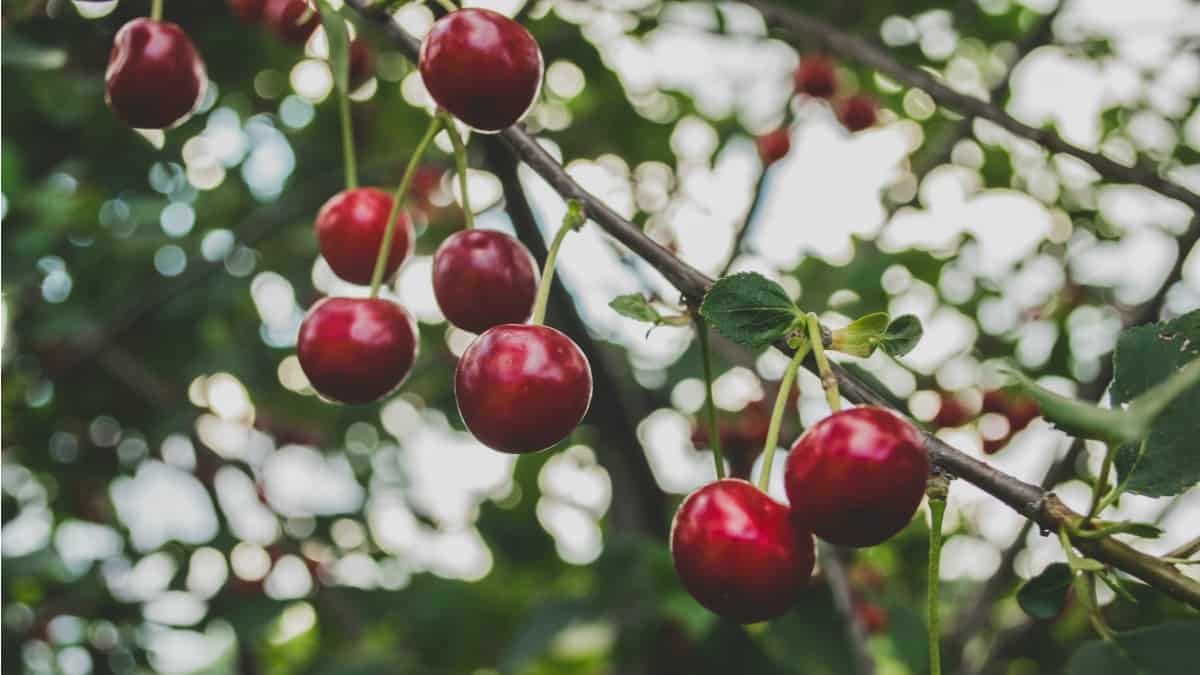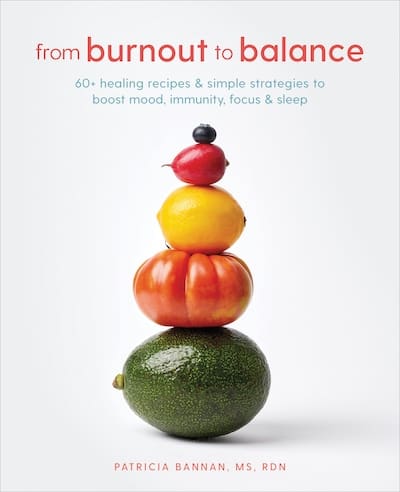This article originally appeared on Fox News Health.
According to a poll by the National Sleep Foundation, 63 percent of Americans say their sleep needs are not being met during the week. Whether your lack of shut-eye is due to a difficult job, a stressful environment or jet lag, not getting enough quality sleep can lead to serious health problems, including depression and heart disease. But before you reach for that prescription sleep aid, take a look at what you’re eating. Here are eight foods rich in sleep-inducing ingredients that can naturally help you get more z’s.
Fish
Fish is rich in tryptophan, an amino acid that raises serotonin levels that are needed to make melatonin. Melatonin is a hormone that helps to control your sleep and wake cycles. In addition, most fish (cod, salmon, halibut, tuna, trout, and snapper) provide vitamin B6, which is also needed to make melatonin. A study in the American Journal of Clinical Nutrition showed that participants who ate tryptophan-rich foods showed a reduction in sleepiness and sustained alertness early in the morning, most likely due to improved sleep overnight.
Dairy
There may be something to that old adage that a glass of warm milk will help you sleep. Dairy products like yogurt, milk and cheese are rich in melatonin-boosting calcium, and a number of studies are finding that being calcium-deficient may make it difficult to fall asleep.
Cherries
Cherries, especially the tart varieties, are one of the few food sources of melatonin, the sleep hormone that regulates your internal clock. In one small study, participants drank eight ounces of tart cherry juice in the morning, and another eight ounces in the evening, for two weeks and reported better sleeping habits.
Bananas
Bananas, well-known for being rich in potassium, are also a good source of magnesium. Both minerals help to relax overstressed muscles. In addition, magnesium deficiencies are related to restless leg syndrome, which interferes with a good night’s sleep. Bananas also contain tryptophan, an amino acid that has been linked to sleep quality.
Nuts
Nuts are rich in magnesium and also provide calcium – two minerals that help promote sleep. The unsaturated fats found in nuts also improve your serotonin levels, and the protein nuts provide can help maintain a stable blood sugar level, which helps promote sleep.
Hummus
Chickpeas (garbanzo beans), the main ingredient in hummus, are not only rich in tryptophan, but also in folate and vitamin B6. Folate helps to regulate sleep patterns, especially in older people, and vitamin B6 helps to regulate your body clock.
Dark leafy green vegetables
Dark leafy green vegetables (such as spinach, Swiss chard, kale, turnip greens and collard greens) are rich in potassium, magnesium and calcium – three minerals that play an important role in helping you sleep. Calcium helps the body generate melatonin, the hormone that helps your body maintain its sleep-wake rhythm. Potassium and magnesium are minerals that help relax overstressed muscles.
Tea
A smart, soothing beverage to drink before bedtime is an herbal tea such as chamomile or peppermint. Herbal teas are naturally caffeine-free and some have sleep-inducing properties. Chamomile is an herb that has been successfully used for insomnia for thousands of years, and peppermint has been shown to reduce stress and promote sleep. In addition to herbal teas, green tea contains theanine, an amino acid that helps reduce stress and promote relaxation. Choose decaf green tea so that the caffeine does not keep you awake.





